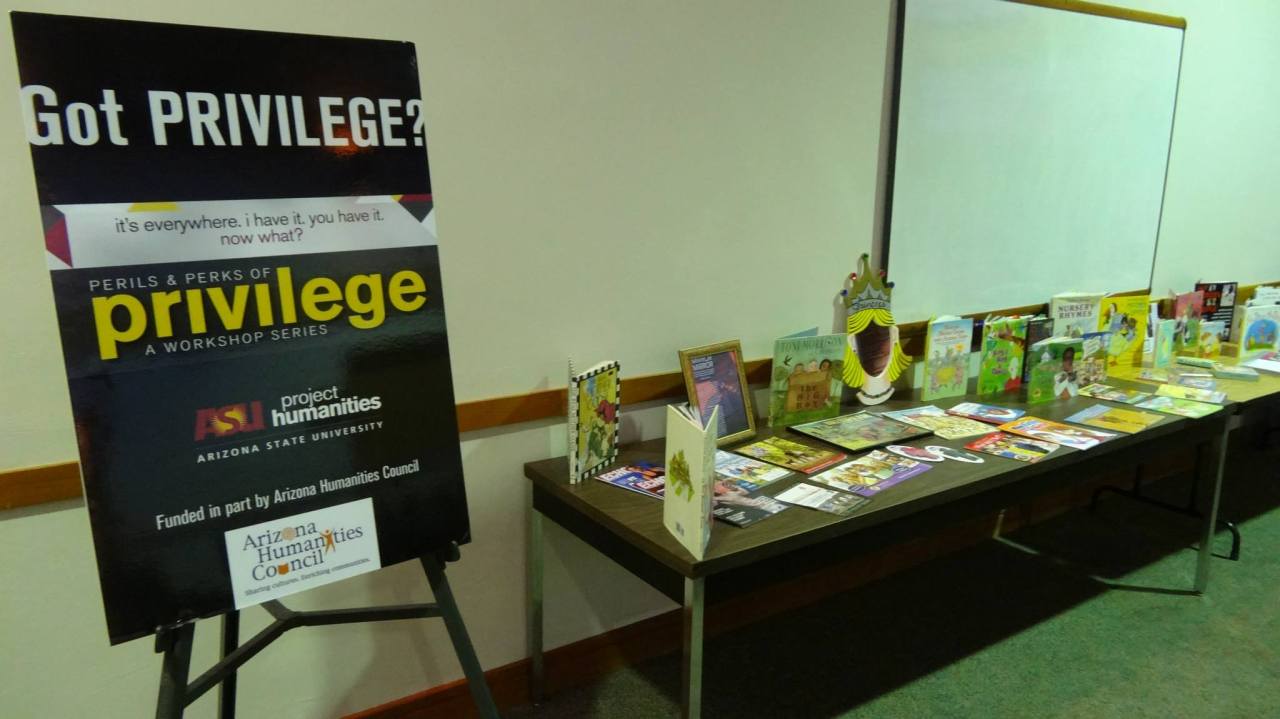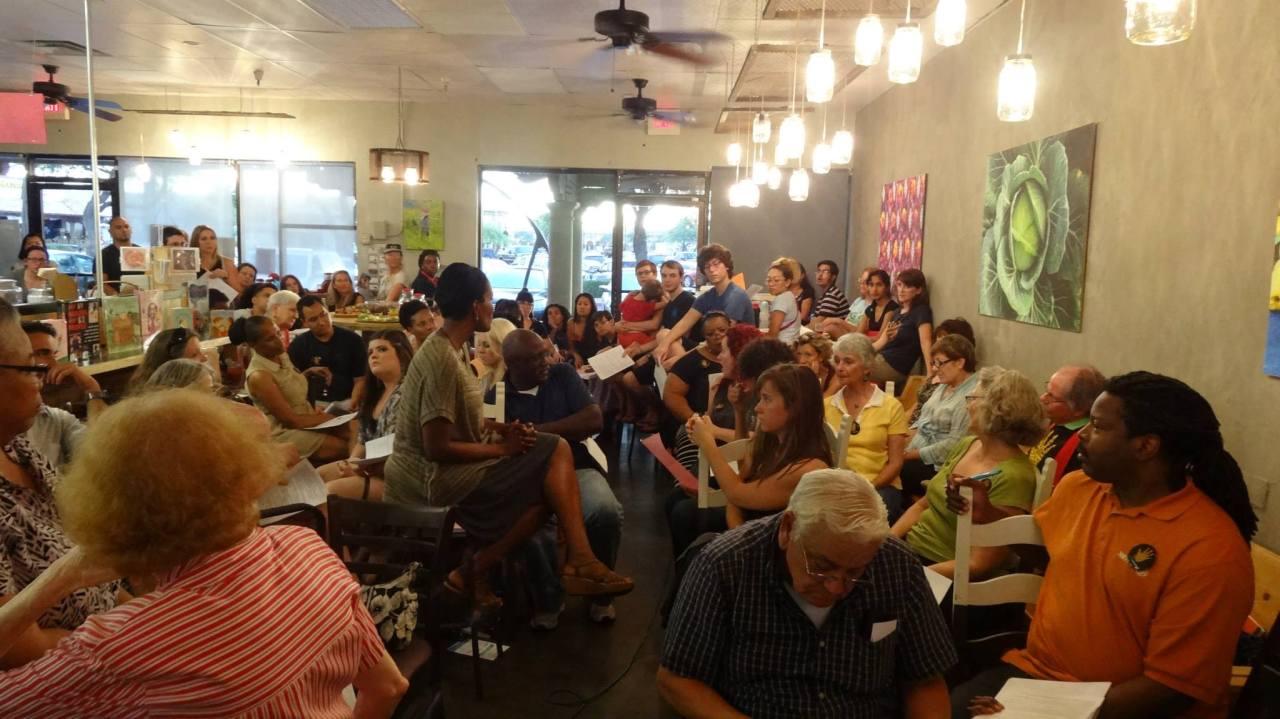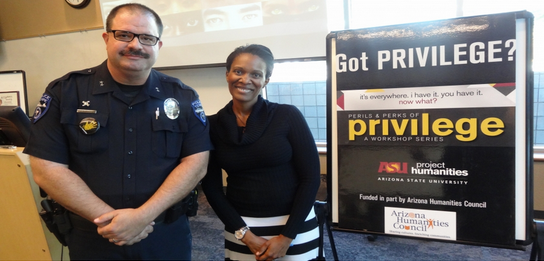Sunday, January 25, 2015
Earlier this week, I was surfing the internet and came across the Cisgender Privilege Checklist released by Oberlin College. This is so important. We hear about white privilege, class privilege, and male privilege all the time, but too often is the full extent of gender privilege truly considered. I could not imagine the amount of pain that comes with the feeling of being a prisoner in my own body. It's heartbreaking to think of, and what's worse is that people rarely ever think about it. Really, cisgendered privilege seems to be the redheaded stepchild of privilege discussions. And yet it's something that most of us have. We really need to step it up. Not only should we be more mindful of this privilege, but more active in the way we acknowledge it. The transgender community is so unapologetically discriminated against, if there's any minority group that deserves some extra compassion and empathy, it's them.
We'll dive deeper into cisgendered privilege in some later posts, but for now I highly encourage everyone to read through this checklist as well as this one, posted by ASU's Project Humanities. Both do an excellent job of describing all the bullets most of us dodge as cisgendered folk.
We'll dive deeper into cisgendered privilege in some later posts, but for now I highly encourage everyone to read through this checklist as well as this one, posted by ASU's Project Humanities. Both do an excellent job of describing all the bullets most of us dodge as cisgendered folk.
Sunday, January 18, 2015
This spoken word poem is proof that we are not beyond racism. The fact that people feel the need to act a specific way because of their race is not only heartbreaking, but shameful evidence that stereotypes affect people more than we think they do. Being smart or ignorant, cruel or kind, honest or dishonest are traits without color. Becoming who we are is never a matter of breaking or adhering to a stereotype. Many like to think this is common sense, but too many are caught unknowingly making assumptions about people they will never get to know. As this poem demonstrates, these assumptions are hurtful and contribute to the greater issue of racial bias that has been especially prevalent in recent events. If we were more mindful of the assumptions we made based on race, could we maybe see these negative effects dissipate? There is no straightforward answer, but it certainly is food for thought.
Sunday, January 11, 2015
The salience of racial inequality has been always been questioned, perhaps now more than ever. While people are still debating over whether or not racism still exists in a post-segregation era, there is something that most Americans can get behind when discussing racial bias: it's wrong. Call me optimistic, but I'd guess that if I were to pull 10 people from my neighborhood aside and ask them if they thought it was okay to be a racist, they'd probably say no. In a post-slavery, post-segregation society, we know that it is socially unacceptable to judge people based on their nationality, ethnicity, or the color of their skin. We've got it. Racism is bad.
Well, sometimes racism is bad.
There is good racism. Apparently.
Call me pessimistic,but I'd have to say that if I were to pull 10 people from my neighborhood aside and ask them to lay out both of their hands, I would still not have enough fingers to count the number of times that I have heard somebody make an argument for "good racism." Granted, it's never called racism, but it's the same concept. Racism is defined as,"the belief that all members of each race possess characteristics or abilities specific to that race." As said before, most people consider it morally wrong to make these judgements to say that somebody is dirty, inferior or dangerous, but what about smart? What about being frugal or athletic? Is it wrong to assume good things about people because of their race? To be blunt, yes. All bias is harmful.
For example, the concept that Asians are smart is one of the most common forms of "good" racism or "good" bias. Most people would consider that an advantage, but check out this. Clearly being seen as superior in a certain field is not always an advantage. Even if it was, this judge. ment is still wrong because it assumes that others are inferior to one's ability because they are of a different race. It doesn't matter the ethnicity of who's getting discriminated against: black, white, Indian, Asian. Judging one's abilities and granting them opportunities based off of anything other than their performance is unfair, no exceptions.
All bias is bad bias. All bias needs to end.
Sunday, January 4, 2015
The New Year's resolution has always been one of my least favorite holiday traditions. The first of January is just an ordinary day, there's nothing that's specially ordained it to be a day where change is any more possible or will power is any stronger, yet many still like to follow the "New Year new me" trend. What I find to be the most regrettable part of it all is the fact that the number one New Year's resolution made is to lose weight. It's unfortunate that so many people are so displeased with their bodies that to many the biggest accomplishment for their year will be couple of shed pounds. I think that one of the biggest factors of this mentality is demonstrated through the media this holiday season. The fact that weight loss is a widely accepted New Year's resolution is no secret. That's why, early this January,one can expect to see morning TV shows, magazines and advertisements bloom with headlines selling all kinds of tricks, miracle diets and super foods to make the pounds melt away in no time. The new year is the high tide of society's obsession with dieting and it needs to stop.
It isn't just because dieting has been argued to be counterproductive and even unhealthy among doctors. It's offensive. Not everyone wants to be thin, not everybody can be thin. Perpetuating the idea that this is the New Year is when people are supposed to make the decision to dramatically change their bodies is dangerous. It tells people that the only way to finish the year successfully is to become thin, but noticeable results take a while, and a 365 expiration date can make people impaitent. When counting calories, becoming vegetarian, or the detox tea doesn't work, people start taking more extreme measures.
I saw the consequence of the calander-based weight loss first hand with my twin sister who, at 240 lbs; wanted to lose 80 pounds by the beginning of her next school year. She cut off junk food, ate nothing but fruits and vegetables, then stopped eating altogether. By Junior year, my sister was praised for losing 30 pounds, but she had also developed an eating disorder nobody knew about until the following Novermber. When I came to visit over the holidays it seemed as if she had picked up healthier eating habits, but constantly asked if it looked like she had gained weight since the last time I saw her. Reflecting on my sister's experiences, I can't help but blame America's anti-curve culture for the way she sees herself. Our plus sized population being so under represented is one issue, but demeaning this community by promoting weight loss as much we do at the beginning of the year contributes to the problem just as much.
The concept of New Year's resolutions aren't entirely evil, I think the biggest issue lies in society's definition of what a "better self" is. For many this comes from the inside. Take Demi Lavoto for example, who list weight but decided to show off some gained confidence instead by posting a picture of her at the beginning and end of the year side by side on instagram and captioning it, "I was beautiful then and I'm beautiful now." This is how weight loss resolutions should be approached if approached at all. Losing weight doesn't mean that the heavier version of somebody was any less than the thinner. This kind of milestone should be presented and celebrated as an increase in not beauty or self worth, but, "health, balance, endurance and consistancy" as Demi continues in her post.
Inspiring words aside, if there's anything that we should strive to have more healthy, more balanced and more consistent by the end of the year, it should be our outlook on body image and the way we present it to others. Maybe we won't shed all the insensitivy away by 2016, but I think it's a pretty good goal to keep in mind.
Subscribe to:
Comments (Atom)
Search
Popular Posts
-
This weekend everyone on my Facebook feed seemed to be up in arms over Jaden Smith wearing a dress to coachella. I don't really und...
-
Last week I came across an article arguing that the word "thug" is the new "n----r." Could this be true? This ...
-
Earlier this week Disney released its design for their first Latina princess ever. Corks were blown off of campaign bottles, parades fill...
Powered by Blogger.


